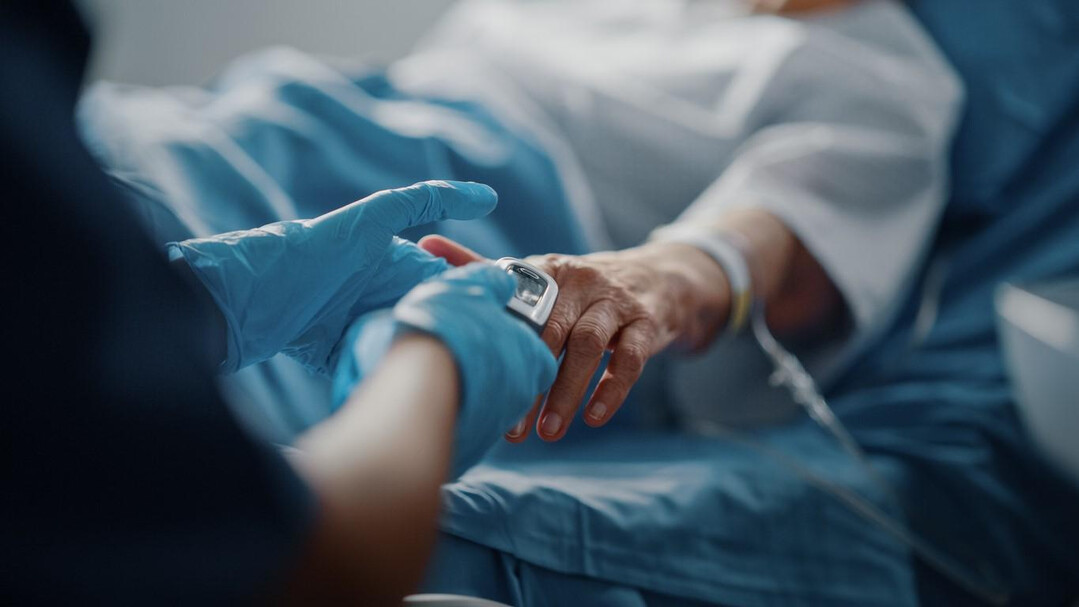
SEOUL – South Korea is grappling with a new surge in COVID-19 hospitalizations, with official data from the Korea Disease Control and Prevention Agency (KDCA) showing a steady increase for four consecutive weeks. As the nation enters the peak summer vacation season, health authorities are warning that this upward trend is likely to continue through August, emphasizing the need for the public to adhere to basic hygiene protocols.
KDCA data indicates that between July 20 and 26, the number of hospitalized COVID-19 patients at 221 general hospitals reached 139, marking the fourth straight weekly increase. This figure has been climbing from 63 patients in late June, followed by 101, 103, and 123 in subsequent weeks. This resurgence, while currently at a much smaller scale compared to previous summer waves, is a significant concern for public health officials, especially for high-risk populations.
The increase in hospitalizations is not isolated. The number of patients admitted to tertiary general hospitals has also risen for the third consecutive week, reaching 16 during the same period. Furthermore, the COVID-19 positivity rate among outpatients at primary clinics with respiratory symptoms has climbed for three weeks straight to 20.1 percent, and wastewater surveillance has detected a four-week increase in viral concentration.
The KDCA attributes this uptick to a combination of factors. The summer vacation season, with its increased travel and social gatherings, is a major contributor. Additionally, the ongoing heatwave is forcing more people to spend time indoors with air conditioning, which can facilitate the spread of respiratory viruses. These conditions mirror patterns observed in previous years, leading officials to predict a sustained increase in cases.
In a statement, KDCA Commissioner Lim Seung-kwan stressed the importance of public vigilance. "To minimize the spread of COVID-19 and protect high-risk groups, it is crucial to strictly follow prevention guidelines such as frequent handwashing, practicing cough etiquette, and regular indoor ventilation," Lim stated. He also advised that anyone experiencing symptoms like a fever or cough should seek medical attention and rest until fully recovered.
Lim also noted that while COVID-19 is transitioning into an endemic disease with seasonal waves, it still poses a significant threat to vulnerable populations, including the elderly and those with compromised immune systems. High-risk individuals are being urged to exercise particular caution.
This recent surge highlights the ongoing challenge of managing COVID-19 as it becomes a part of the yearly infectious disease landscape. The KDCA is continuing to monitor both domestic and international trends to adapt its public health strategies accordingly, but the message to the public is clear: a return to basic preventive measures is essential to mitigate the impact of this summer wave.
[Copyright (c) Global Economic Times. All Rights Reserved.]






























